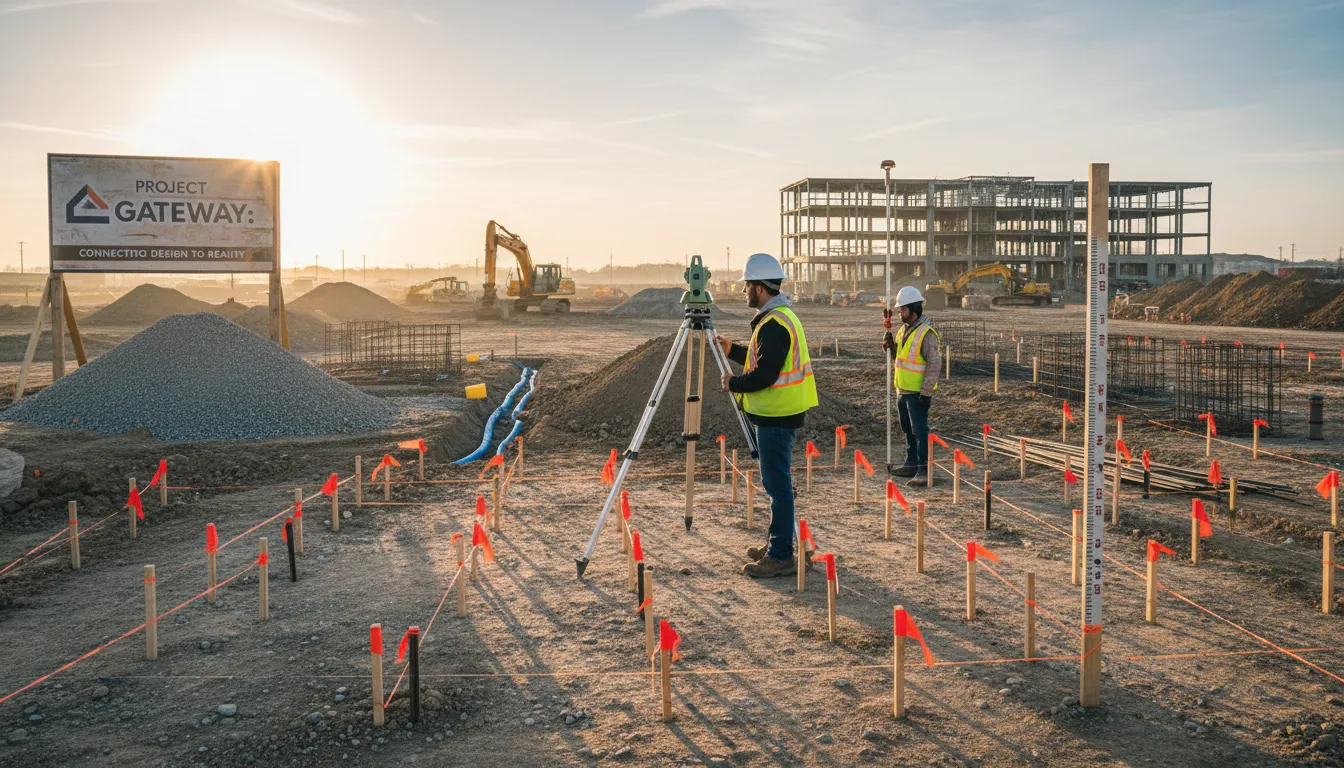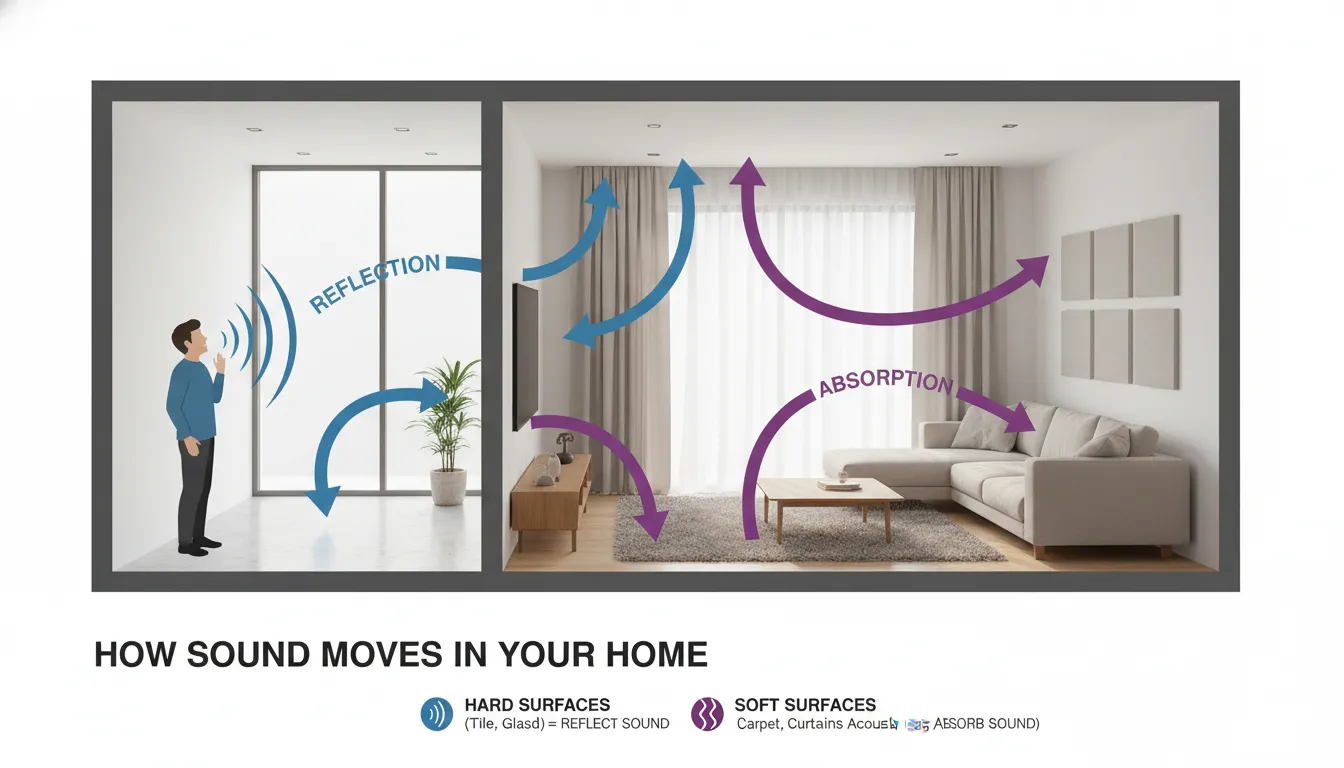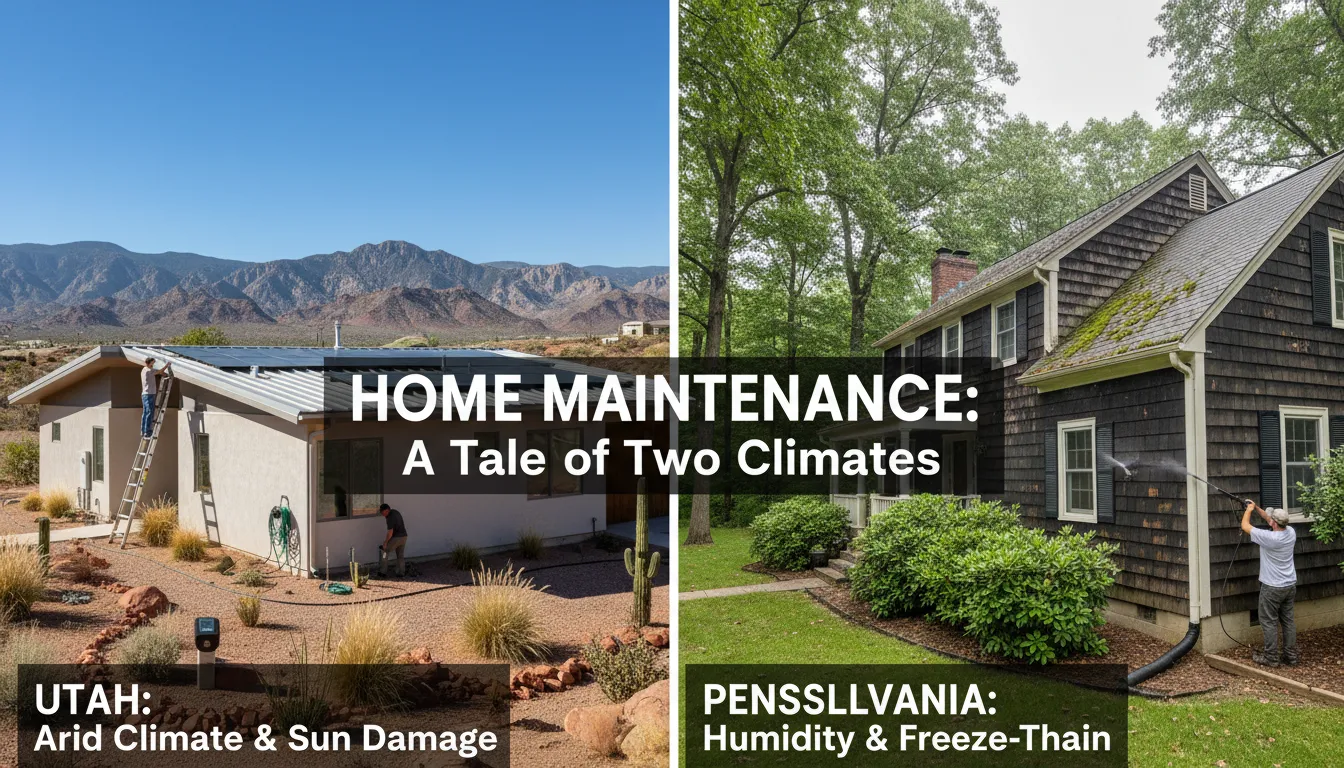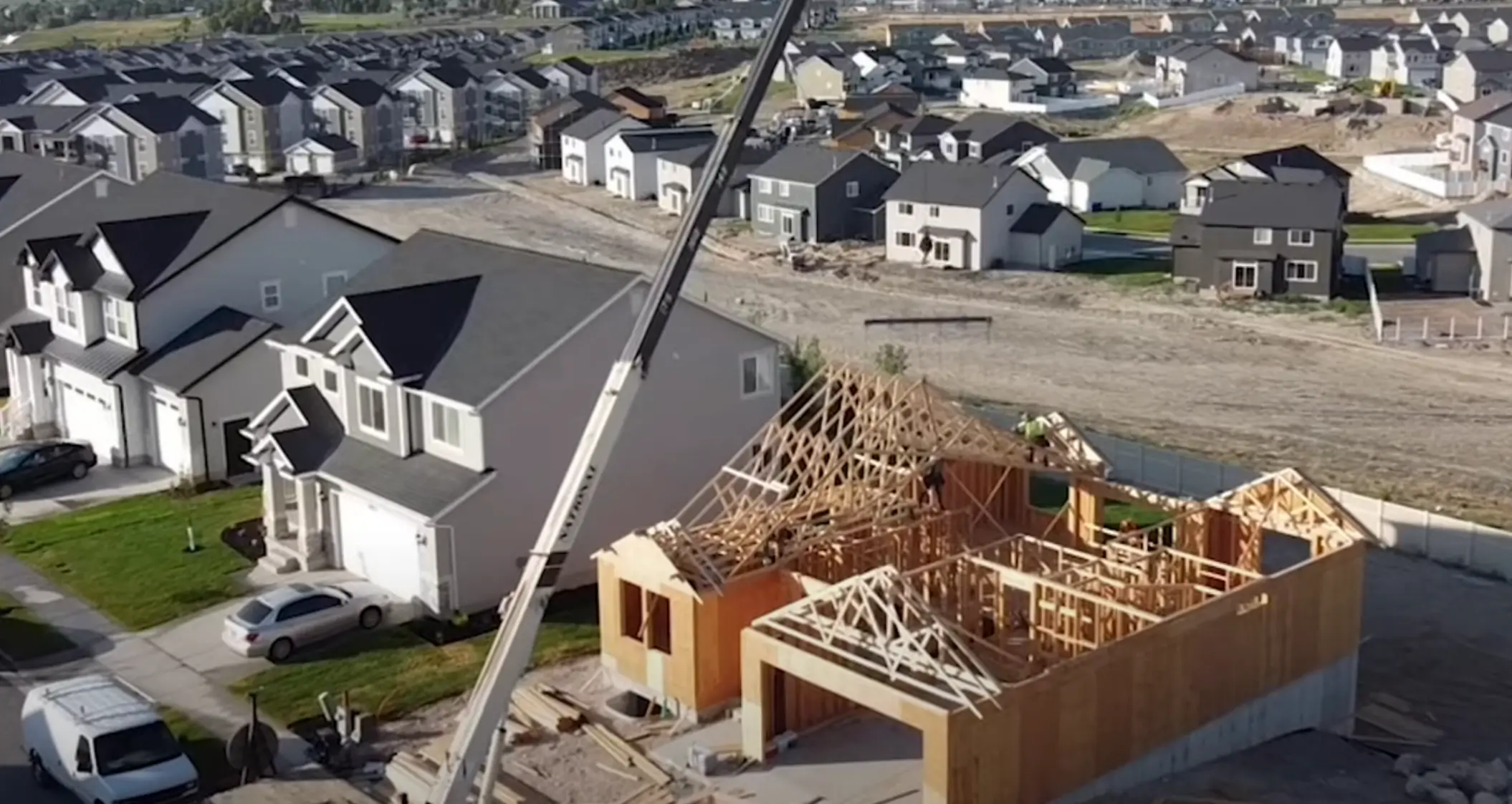
Today's market has Utah homebuyers weighing a big question should you go with a brand-new home or take on a fixer-upper? Each choice has unique advantages shaping your homeownership journey, especially for first-time buyers. Factors like your needs, budget and lifestyle determine what could be the perfect home.
New Construction Homes
Many dream of a move-in ready house, but should you go the easier route?
Pros
Building your house has some handy benefits. You can move in instantly, and you can be the first person ever to live there. If you’re looking to go this way, here are other advantages to consider.
1. Customization and Modern Features
If you want a home you can tailor to your lifestyle and preferences, then a new construction is the way to go. Building or buying one means choosing which finishes, materials and layouts suit your taste.
These newly built houses have the latest features, such as energy-efficient appliances, smart home tech and eco-friendly materials. You get to move into a future-ready home that’s potentially more cost-effective on utilities.
2. Low Maintenance, High Peace of Mind
A new home comes with the added benefit of fewer immediate repairs. Major elements like roofing, HVAC and plumbing are all up to date and usually covered by warranties. This peace of mind can be a significant relief, as you get to focus on settling into your home.
Cons
However, it's not without its drawbacks. You have to consider the costs, limitations and even decision fatigue associated with customizing the home.
1. Higher Upfront Cost
Those advantages come with a price. In Utah's real estate market, house prices have increased by 72% since the first quarter of 2018, so you might need a larger mortgage or down payment. Although there are long-term savings in maintenance and energy bills, the initial cost is a huge determining factor if you have a limited budget.
Explore Utah Real Estate
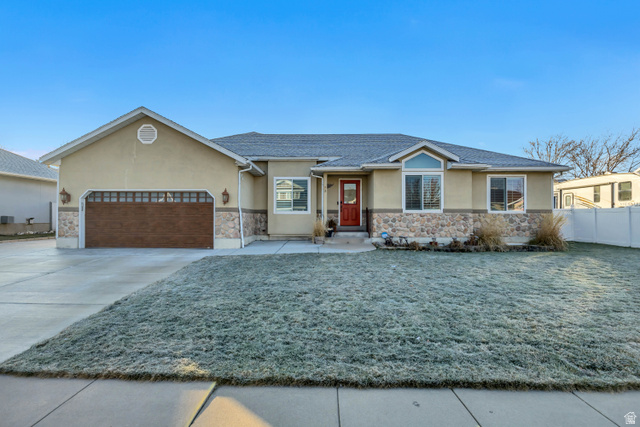
83 W 850 S, Centerville, UT
$815,000
Bedrooms: 5 Bathrooms: 3 Square feet: 3,999 sqft
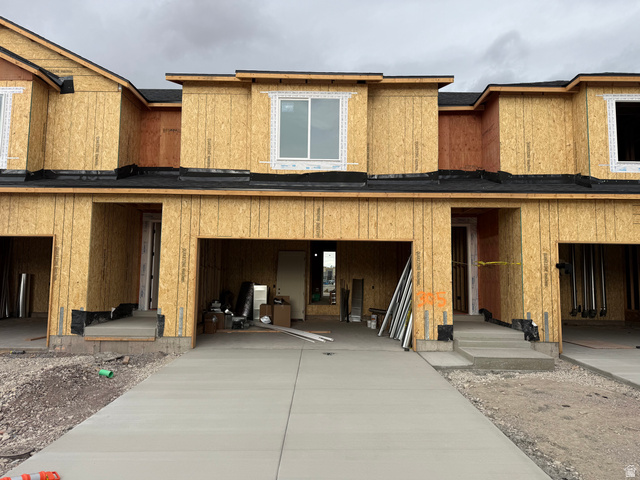
653 E RYEGRASS DR #305, Eagle Mountain, UT
$387,900
Bedrooms: 3 Bathrooms: 3 Square feet: 1,985 sqft
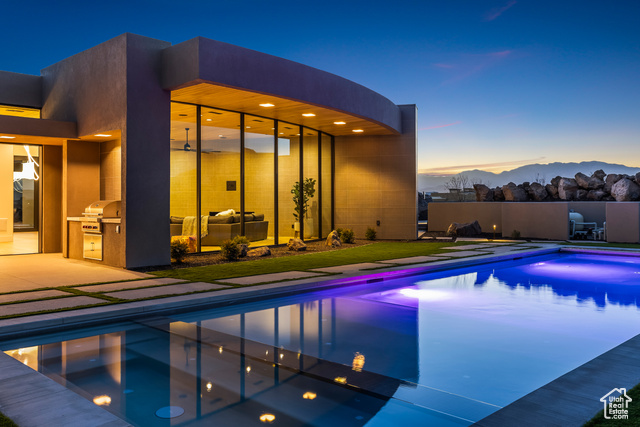
2031 N LAVA ROCK CIR #107, St George, UT
$4,185,000
Bedrooms: 4 Bathrooms: 5 Square feet: 5,404 sqft
2. Limited Location Options
With the competitive market, many new homes are located in developing areas farther from the city center or established neighborhoods. For Utah buyers who value convenient access to amenities or work in the city, this could mean a longer commute time.
If you have kids, proximity to schools, parks and outdoor activities may rank high on your list of priorities. Make sure to check what’s nearby before committing.
Fixer-Upper Homes
Fixer-uppers are often the top choice for first-time buyers with limited budgets who have the energy and resources to take on a work in progress. Could this be the right fit for you?
Pros
A fixer-upper has some great upsides. If you're willing to put up some work, here are a few advantages you'll be working with.
1. Lower Initial Cost with Potential
The most attractive thing about a fixer-upper is it generally comes with a lower price tag. Many also offer more square footage and better locations for your budget.
Utah buyers seeking to set foot in an established neighborhood or nearby city will find this a great choice. Plus, with the right renovations, the home could also appreciate in value, creating potential equity.
2. Character and Personal Touch
Older homes have a certain charm newer homes can lack, such as unique architectural details. Renovating your fixer-upper also means customizing the space to feel new without losing those original touches. If you enjoy taking on projects and have a specific vision for your home, then a fixer-upper offers a canvas for your creative ideas.
More Properties You Might Like
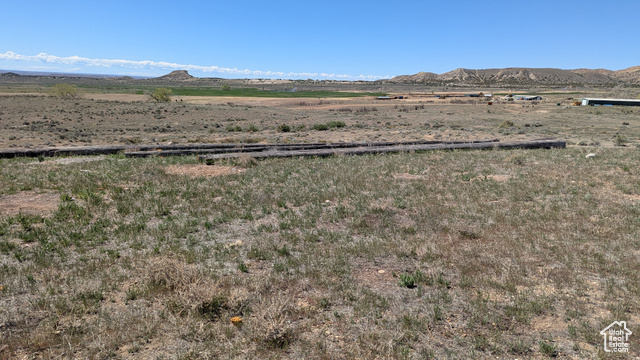
2098 E GOOSE RANCH RD, Vernal, UT
$103,000
Square feet: 274,864 sqft
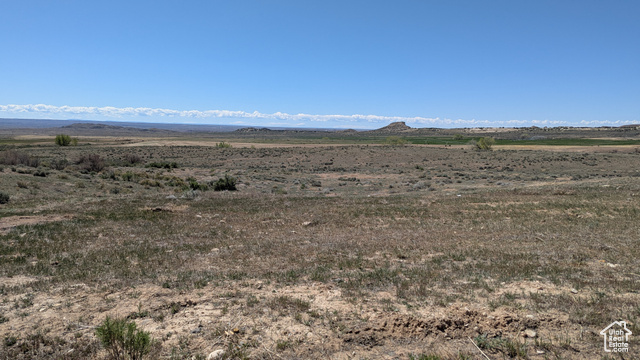
2148 E GOOSE RANCH RD, Vernal, UT
$116,000
Square feet: 309,276 sqft
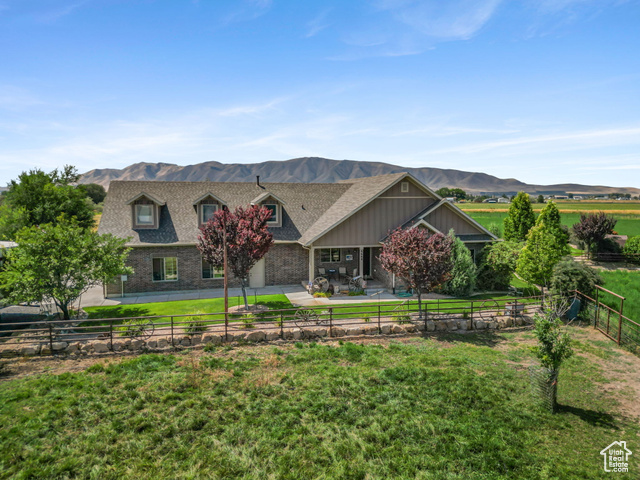
6668 S 3200 W, Spanish Fork, UT
$2,074,000
Bedrooms: 3 Bathrooms: 3 Square feet: 2,560 sqft
Cons
While they're great for your upfront budget, renovations can become expensive in the long run. Keep these factors in mind, as well.
1. Time and Energy-Consuming Renovations
While many first-time buyers settle for fixer-uppers, they're not the best choice for everyone. If you're on a tight timeline or want to move in immediately, this might not be the best option. Delays are common. Teaming up with a construction crew experienced in renovations can help you stay on track by preventing machine and equipment failure and speeding up the turnaround time.
2. Unpredictable Costs
A fixer-upper's initial cost might be attractive, but many unexpected expenses can arise, as your inspector will catch critical problems to solve before they become massive, expensive issues. Plus, if your budget is tight, you may end up doing the renovations yourself or need to rework each room one by one as you save up.
Surprise repairs such as structural damage, outdated plumbing or electrical concerns can increase expenses when renovating an older home. If the issue is severe enough, you may need to bring in specialists like a structural engineer or architect. Potential buyers should plan for contingencies, as these projects often go over budget.
You Decide: Weighing in Between Brand-New or Fixer-Upper
Choosing between a new-construction home and an older house is ultimately about matching the option to your needs and lifestyle. Consider your budget, the location and your long-term goals.
New construction is the right fit if you value a low-maintenance home with all the latest features. However, if you're drawn to character, potential and the customization older structures offer, a fixer-upper might be your perfect match. There is no wrong choice — only the one that feels right for you.
Related Articles:








